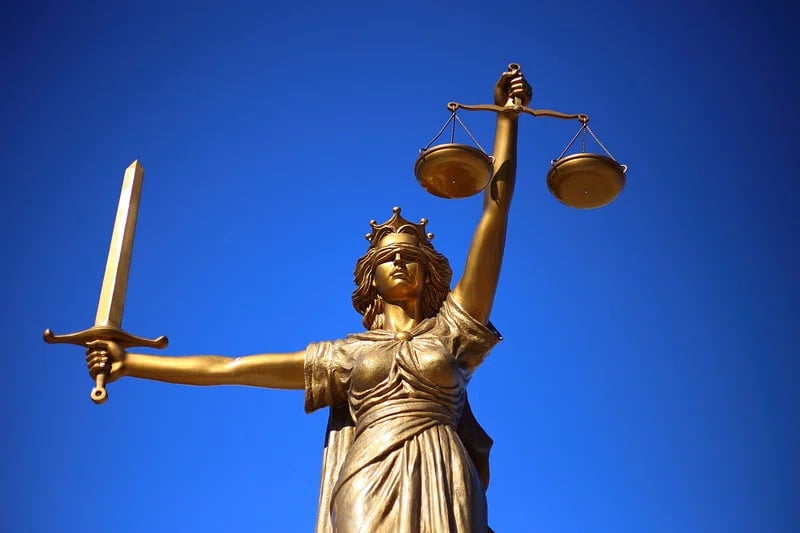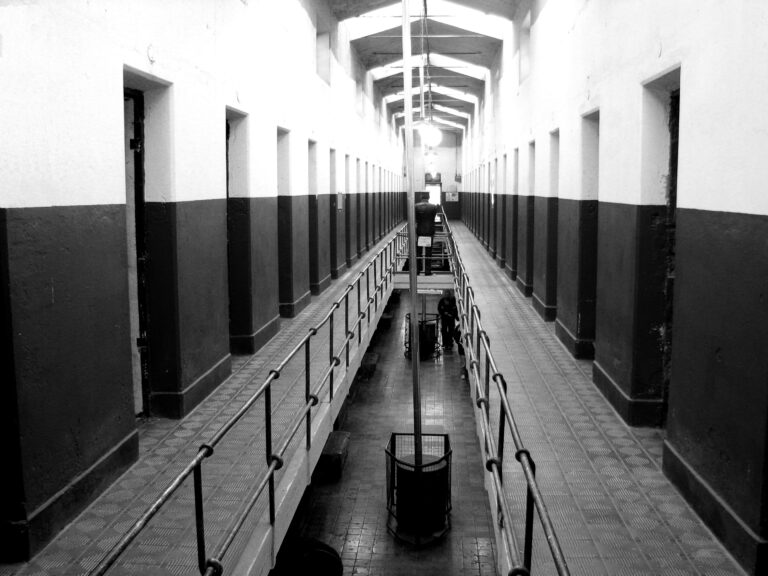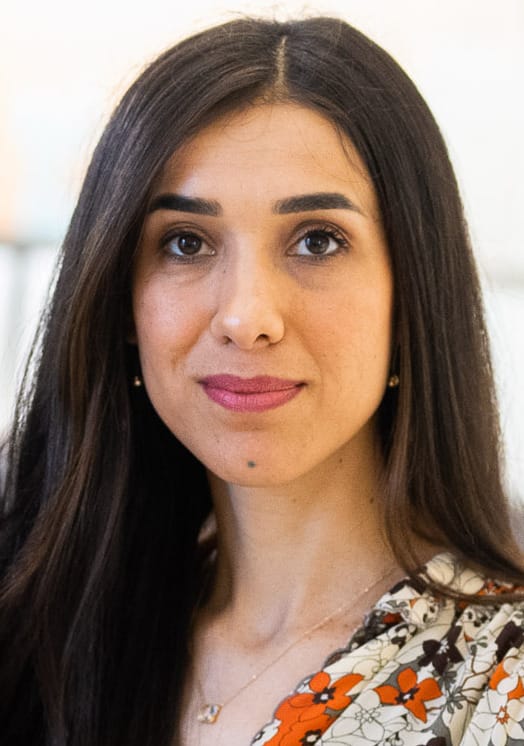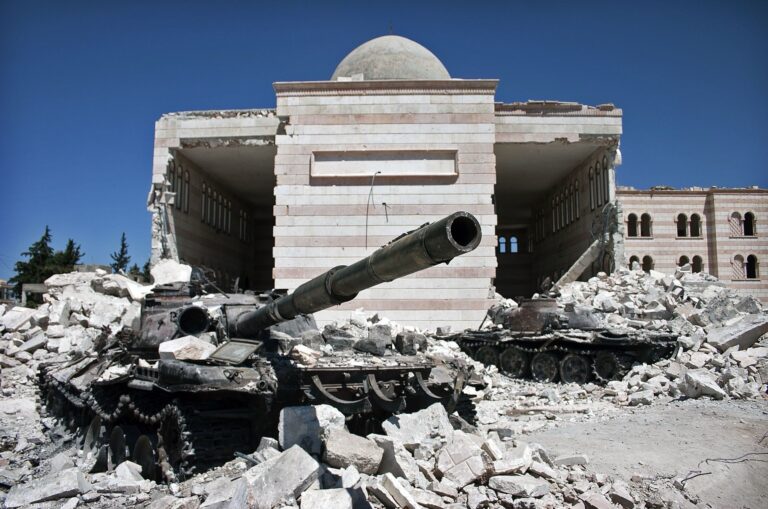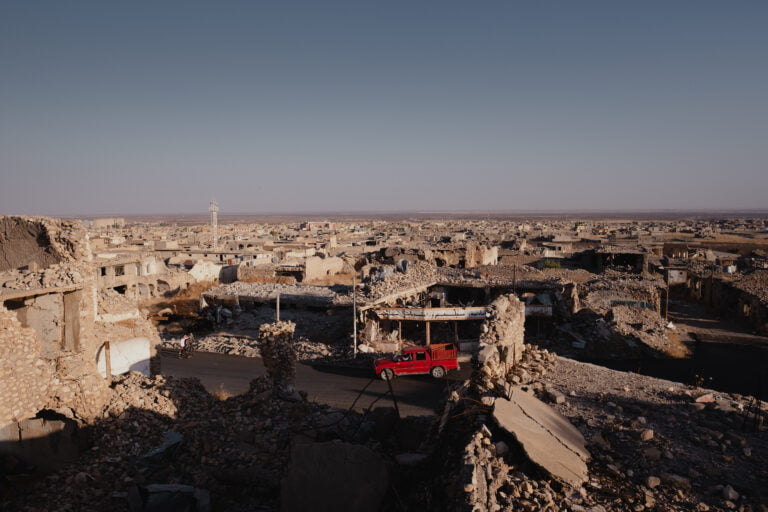In a world marred by the atrocities of ISIS, the voices of Ezidi women echo with the weight of unmet justice. Targeted and brutalized by the extremist group, these women stand as living testaments to resilience amidst unspeakable horrors.
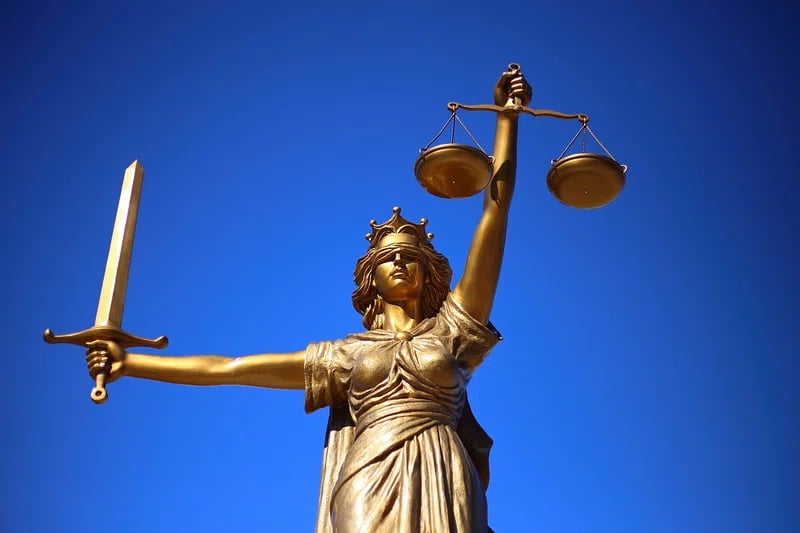
In March 2021, the Iraqi parliament took a significant step forward by passing a law recognizing the crimes committed by ISIS against Ezidi, Christian, and Shiite minority groups as genocide and crimes against humanity. The Yazidi Female Survivors Law, born out of this recognition, aims to provide both financial and moral compensation to survivors while facilitating their rehabilitation and care. It encompasses various forms of support, including monthly payments, medical and psychological care, residential land grants, educational opportunities, and prioritized access to public sector employment.
Despite these provisions, the reality is that the victims face more challenges and injustice. While some progress has been made in disbursing monthly payments to survivors, other crucial forms of compensation, such as land grants and educational support, remain elusive for many.
Sarab Essa, a Ezidi survivor, along with her two sisters were captured by IS at the age of 12. Captured and sold into slavery, their lives became a haunting tale of survival amidst unimaginable cruelty. Days blurred into years as they endured the horrors of captivity, robbed of their childhood innocence by the brutality of their captors. For Sarab, the scars left by those dark days serve as a constant reminder of the innocence lost and the resilience gained in the face of adversity.
In July 2019, after years of captivity, Sarab was reunited with her family, yet the scars of her ordeal continue to linger. Like many survivors, she seized the opportunity to seek compensation under the government’s program, hoping for a semblance of closure and support in rebuilding her life. The monthly stipend she receives, though a lifeline in many respects, cannot fully compensate for the physical, emotional, and psychological toll exacted by her traumatic past.
The journey towards justice is fraught with challenges, both bureaucratic and systemic. While the law promises comprehensive support for survivors, its implementation remains a work in progress. The distribution of land grants, crucial for rebuilding communities ravaged by ISIS, faces logistical hurdles and bureaucratic delays. Similarly, educational opportunities, vital for empowering survivors and ensuring a brighter future, are hindered by age restrictions and administrative barriers.
Despite these obstacles, organizations and activists continue to advocate for the rights of survivors and push for meaningful change. The Coalition for Just Reparations, an alliance of Iraqi NGOs, highlights the successes and shortcomings of the Yazidi Survivors Law, calling attention to areas in need of improvement. From addressing bureaucratic hurdles to expanding access to mental health support, their recommendations aim to ensure that survivors receive the comprehensive care and support they deserve.
In the quest for justice, every voice matters, and every story deserves to be heard. Sarab Essa’s journey serves as a testament to the resilience of the human spirit in the face of unimaginable adversity. Her courage and determination inspire hope amidst despair, reminding us that even in the darkest of times, the light of justice and healing shines bright for those who dare to seek it.
As the world grapples with the legacy of ISIS’s atrocities, the voices of survivors like Sarab serve as a beacon of hope, guiding us towards a future where justice, healing, and reconciliation prevail. In their stories, we find the strength to confront injustice and the resolve to build a world where atrocities like those committed by ISIS are never repeated. It is a journey fraught with challenges, but one worth undertaking for the sake of those whose voices have been silenced by the horrors of war and extremism.
In the end, Sarab’s story is not just one of survival, but of resilience, courage, and the unwavering pursuit of justice. It is a reminder that even in the face of unimaginable darkness, the human spirit has the power to endure, to overcome, and to rise triumphant. And it is in her voice, and the voices of countless others like her, that we find hope for a better, brighter tomorrow—a tomorrow where justice is not just a promise, but a reality for all.
Original article written by Sinan Mahmoud in MENA, 05.03.2024.
